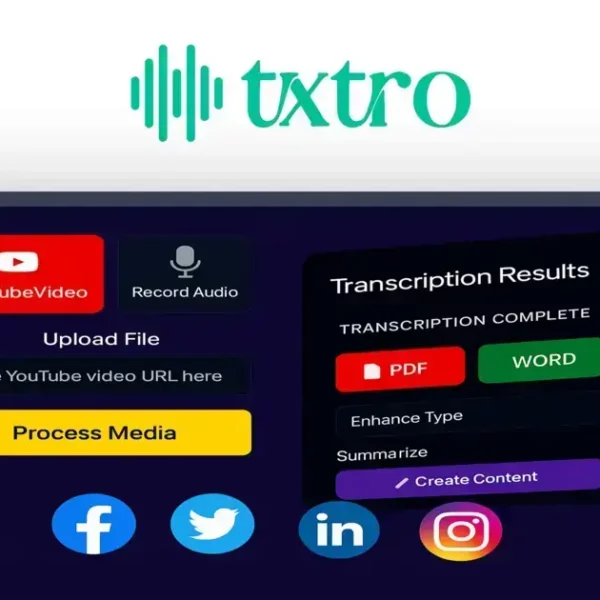B2B Marketing is undergoing a major transformation as the pandemic reshapes the way buyers interact. In this article, we explore effective strategies for reaching your target audience amidst these changes.
Understanding B2B Buyer Engagement is crucial in today’s fast-paced market. Buyers are more informed and connected than ever. They research products online before contacting sales. This means your marketing strategies must adapt to attract and engage these digital-savvy buyers.
The Buyer’s Journey
The buyer’s journey consists of three stages: awareness, consideration, and decision. In the awareness stage, buyers identify their problems. They seek information about possible solutions. Your content should provide helpful insights that address their needs.
Utilizing Digital Channels
Digital channels play a vital role in engaging B2B buyers. Use social media, email, and websites to reach your audience. Share valuable content like blogs, case studies, and whitepapers. This builds trust and positions your brand as an authority in your industry.
Personalizing the Experience
Personalization is key to effective B2B engagement. Tailor your communication based on buyer behavior and preferences. Use tools that track user interactions to provide relevant content. Personalized experiences make buyers feel valued and understood.
Leveraging Technology
Technology enhances B2B engagement strategies. Customer Relationship Management (CRM) systems help track interactions and analyze buyer data. These insights can refine your strategies and improve engagement efficiency.
Moreover, automation tools can send targeted emails at key moments in the buyer’s journey, ensuring timely communication. This helps maintain interest and encourages conversions.
Feedback and Adjustment
Lastly, always seek feedback from your customers. Understanding their thoughts and experiences can guide adjustments to your engagement strategies. Regularly analyze your results and be willing to adapt to stay relevant and effective.




